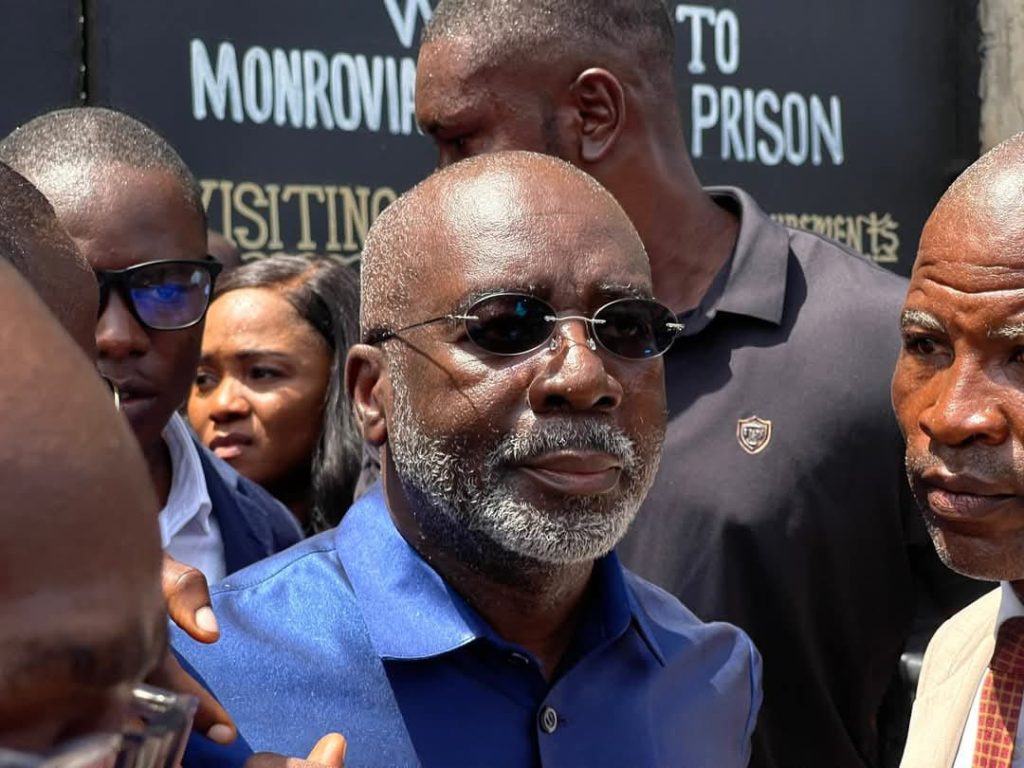On December 8, 2024, a fire engulfed Liberia’s Capitol Building, sparking a wave of investigations and accusations. Months later, in June 2025, former House Speaker J. Fonati Koffa, along with three other lawmakers – Representatives Dixon Seboe, Abu Kamara, and Jacob Debee – were arrested and charged in connection with the arson attack. Police Inspector General Coleman Gregory Coleman alleged “credible links” suggesting Koffa’s strategic involvement, citing charges including arson, criminal mischief, endangering others, and attempted murder against the former speaker. The arrests sent shockwaves through the Liberian political landscape, raising concerns about political motivations behind the charges.
Following their arrest, the four lawmakers spent three nights in the Monrovia Central Prison, commonly known as “South Beach,” before being released on bail. Koffa’s bail was set at US$440,000, secured through a property bond using one of his houses, provided by former President George Weah. Their release came amid mounting public pressure and calls for due process. The incident further fueled existing political tensions within the country.
Upon his release, Koffa vehemently denied the allegations, characterizing them as a “basket of innuendos, lies, and political witch-hunt.” He vowed to challenge the charges head-on in court, expressing confidence in his ability to dismantle the police’s case and clear his name. Koffa pointedly referred to IG Coleman’s own words, suggesting the case was “highly political,” and emphasized his intention to expose the alleged fabrication of evidence.
Koffa’s defense strategy centers on deconstructing the police’s narrative during the preliminary hearings, which were scheduled to commence in the weeks following his release. He expressed his belief that the evidence presented against him and his colleagues lacked substance and was driven by political agendas. He reiterated his trust in the judicial process, maintaining that justice would ultimately prevail.
While acknowledging the difficult conditions within the Monrovia Central Prison, Koffa reflected on his brief incarceration with a sense of humility. He remarked that it was a place for human beings, unfortunately reflecting the best the state could offer all Liberians, and he did not consider himself above those who remained incarcerated. His statement underscored the need for prison reform and improved conditions within the Liberian correctional system.
The Capitol Building fire and the subsequent arrests of Koffa and the other lawmakers represent a significant chapter in Liberia’s political history. The ensuing legal battle is expected to be closely watched, with potential implications for the country’s political stability and the future of those involved. The case underscores the delicate balance between law enforcement, political maneuvering, and the pursuit of justice within a complex and evolving democratic landscape.


